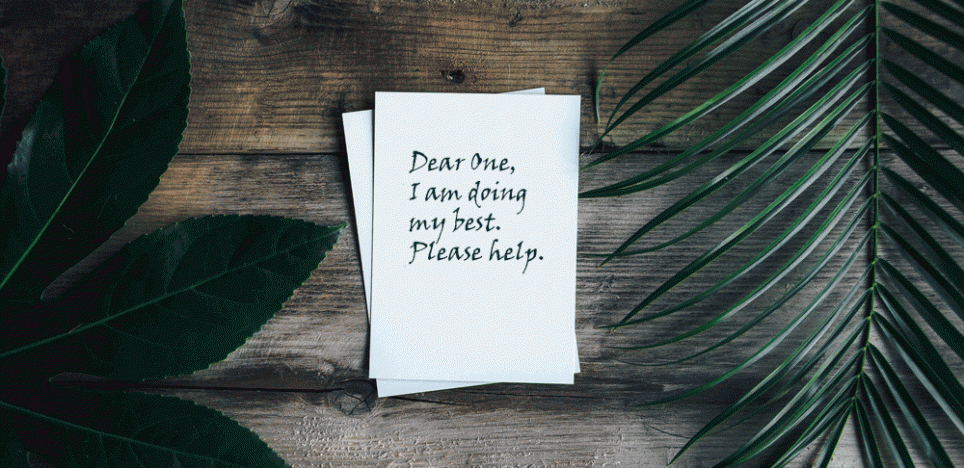Zen master Thich Nhat Hanh is known the world over for his reconciliatory work in areas torn by war — and his healing work with human hearts torn by war. The spiritual practices he recommends, tried and true, have a simplicity that makes them utterly accessible and more profound than many more complicated therapies. The following practice is from his profoundly practical book Creating True Peace: Ending Violence in Yourself, Your Family, Your Community, and the World. It will help you not only when you find yourself mutely struggling to convey to a loved one that you still care even in the midst of a heated moment, but also when your anger has boiled over and you need to accept and forgive yourself.
A Calming Spiritual Practice to Tame Anger
"When we are angry, we are not lucid. In that moment, we may say and do harmful things if we do not know how to practice mindfulness and protect ourselves and others. When we are hurt and overcome by our painful feeling, we are also not lucid. We have the tendency to blame and to condemn the person we think has hurt us.
"But there are times when we are lucid and calm. We must take those opportunities to compose a peace note. We write on a piece of paper. 'Dear one, I suffer and I want you to know it.' We write these words down, and we slip the paper into our wallet. We are suffering, we feel hurt, but out of pride we don't want to tell our beloved one. We lock ourselves in our room and say, I don't need you, why should I need you? I am fine, don't bother me. But now we have already written our peace note: 'Dear one, I suffer and I want you to know it.' We write this peace note ahead of time so that when the time comes we can just pull it out and read it or we can simply hand it to our beloved one to read. We acknowledge our suffering and we open the door for communication, for peace and reconciliation.
"On another piece of paper we write: 'Dear one, I am doing my best. Please help.' We keep this piece of paper in our wallet. When we are carried away by our anger, by our irritation, we can pull this piece of paper out and read it to ourselves and to the one we are angry at. It means, I am aware of my anger. I am doing my best to practice, to calm myself, to embrace my anger, and to look deeply into the roots of my anger. I don't want to speak or act out of my anger and irritation, and I need your support, I need your help. These are words of love. These are words of peace."
